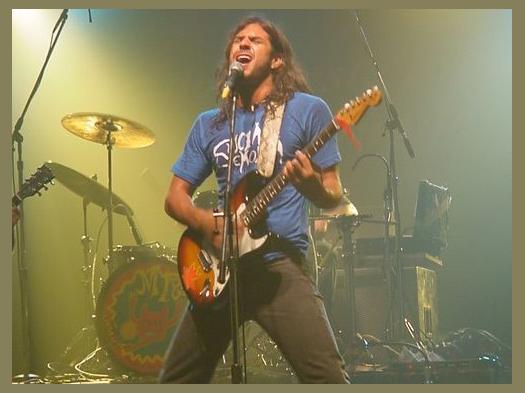 La Mancha de Rolando
La Mancha de Rolando
La Mancha de Rolando: Arde La Ciudad and Beyond
In the vibrant tapestry of Spanish rock, La Mancha de Rolando stands as an enigmatic and captivating force. Their anthem, "Arde La Ciudad," has reverberated through the annals of music history, leaving an indelible mark on the collective consciousness.
Formation and Early Years
Emerging from the enigmatic streets of Madrid in the late 1980s, La Mancha de Rolando was a collective of talented musicians, each bringing a unique voice to the ensemble. Founding members included vocalist and guitarist José María Sanz Beltrán (Loquillo), bassist Carlos Segarra, drummer Juanjo Respuela, keyboardist Sabino Mendez, and saxophone player Txetxu Altube.
Controversies and Challenges
From their inception, La Mancha de Rolando courted controversy. Their unconventional lyrics, often laced with political and social commentary, challenged societal norms. Their performances were electrifying, but also notorious for their raw energy and provocative stage presence. Despite facing criticism and censorship, the band remained steadfast in their artistic vision.
Discography and Musical Evolution
Over the course of their career, La Mancha de Rolando released a series of critically acclaimed albums that showcased their eclectic sound. From the raw and rebellious "El Ritmo Del Garaje" (1989) to the more polished and introspective "A Por Ellos... Que Son Pocos Y Cobardes" (1991), their music evolved while maintaining its signature intensity and poetic flair.
"Arde La Ciudad": An Unforgettable Anthem
Amidst their catalog of iconic songs, "Arde La Ciudad" emerged as the defining anthem of La Mancha de Rolando. Released in 1990, the track became an instant classic, its pulsating rhythms, soaring melodies, and incisive lyrics resonating with a generation of listeners. It remains a beloved and timeless masterpiece.
Legacy and Influence
La Mancha de Rolando disbanded in 1992, but their influence continues to reverberate throughout Spanish rock. Their blend of punk, rock, and poetic sensibility has inspired countless musicians and left a lasting impact on the genre. The band's legacy is a testament to the transformative power of art and the enduring spirit of rebellion.
In the vibrant tapestry of Spanish rock, La Mancha de Rolando stands as an enigmatic and captivating force. Their anthem, "Arde La Ciudad," has reverberated through the annals of music history, leaving an indelible mark on the collective consciousness.
Formation and Early Years
Emerging from the enigmatic streets of Madrid in the late 1980s, La Mancha de Rolando was a collective of talented musicians, each bringing a unique voice to the ensemble. Founding members included vocalist and guitarist José María Sanz Beltrán (Loquillo), bassist Carlos Segarra, drummer Juanjo Respuela, keyboardist Sabino Mendez, and saxophone player Txetxu Altube.
Controversies and Challenges
From their inception, La Mancha de Rolando courted controversy. Their unconventional lyrics, often laced with political and social commentary, challenged societal norms. Their performances were electrifying, but also notorious for their raw energy and provocative stage presence. Despite facing criticism and censorship, the band remained steadfast in their artistic vision.
Discography and Musical Evolution
Over the course of their career, La Mancha de Rolando released a series of critically acclaimed albums that showcased their eclectic sound. From the raw and rebellious "El Ritmo Del Garaje" (1989) to the more polished and introspective "A Por Ellos... Que Son Pocos Y Cobardes" (1991), their music evolved while maintaining its signature intensity and poetic flair.
"Arde La Ciudad": An Unforgettable Anthem
Amidst their catalog of iconic songs, "Arde La Ciudad" emerged as the defining anthem of La Mancha de Rolando. Released in 1990, the track became an instant classic, its pulsating rhythms, soaring melodies, and incisive lyrics resonating with a generation of listeners. It remains a beloved and timeless masterpiece.
Legacy and Influence
La Mancha de Rolando disbanded in 1992, but their influence continues to reverberate throughout Spanish rock. Their blend of punk, rock, and poetic sensibility has inspired countless musicians and left a lasting impact on the genre. The band's legacy is a testament to the transformative power of art and the enduring spirit of rebellion.